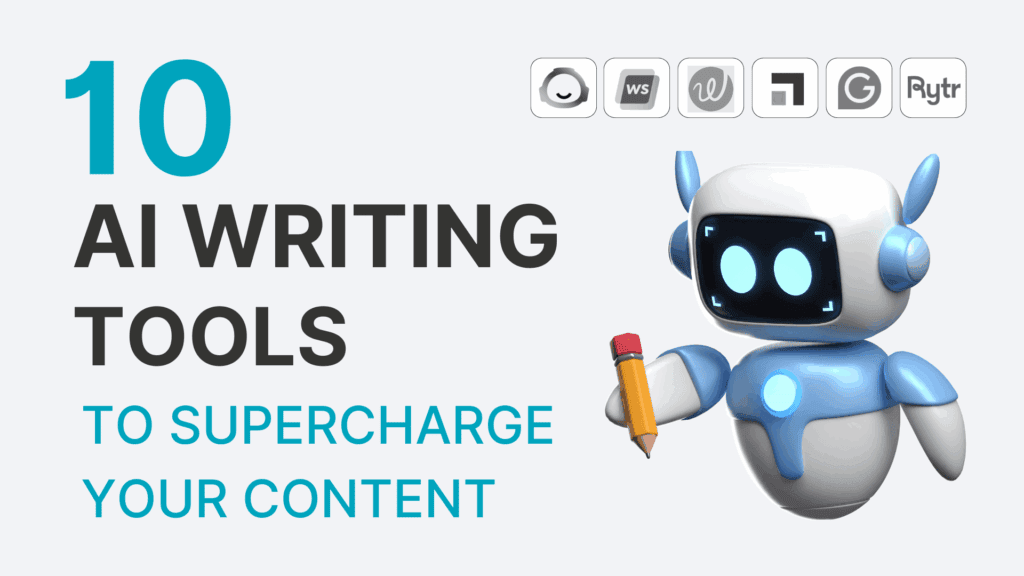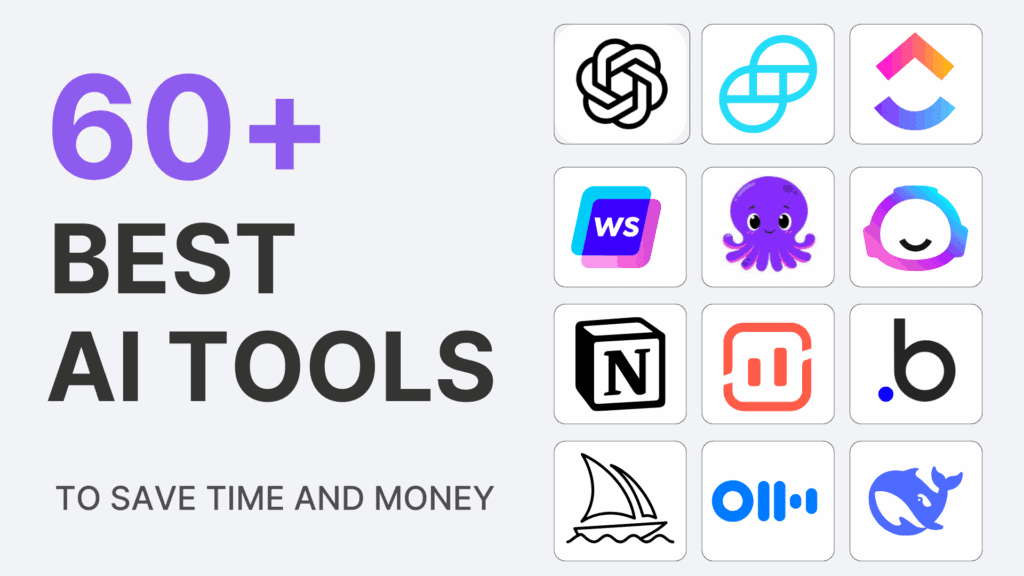Auto approve, short for auto-approval, refers to an automated process designed to grant approval or authorization without the need for manual intervention. This innovative system utilizes advanced algorithms and predefined criteria to swiftly assess and approve requests or transactions, significantly reducing the time and effort traditionally associated with manual approval workflows.
What activities can you auto-approve in affiliate marketing?
In affiliate marketing, auto-approve refers to an automated system designed to streamline the onboarding process for affiliate partners. This innovative mechanism expedites the approval of affiliate applications by swiftly assessing predefined criteria, allowing marketers to efficiently manage their partner programs. With the rise and acceleration of AI pushing automation to the forefront of many affiliate network tools and software, let’s review how to use auto approval to streamline the day-to-day of affiliate managers and digital marketers;
1. Swift Partner Onboarding
Auto approval accelerates the onboarding of affiliate partners into an affiliate program. When potential affiliates submit their applications, the auto-approve system rapidly assesses the criteria set by the program manager. Partners meeting these predefined conditions receive automatic approval, eliminating manual bottlenecks and providing a seamless onboarding experience.
2. Automated Commission Approvals
Beyond partner onboarding, auto approval extends to the commission approval process. As affiliates generate sales or leads, the system can automatically approve commissions based on predefined rules. This ensures that affiliates are promptly rewarded for their contributions without the need for manual verification at every stage, fostering trust and efficiency in the partnership.
3. Dynamic Offer Approvals
Auto approval can also be applied to swiftly approve new affiliate offers or campaigns. This is particularly beneficial when marketers want to launch time-sensitive promotions or capitalize on emerging trends. By automating the approval process for new offers, marketers can expedite their go-to-market strategies and maintain agility in their affiliate marketing efforts.
4. Performance-Based Payouts
In affiliate marketing, performance-based commission structures are common, where affiliates are rewarded for driving specific actions or incremental sales. Auto approval ensures that the payout process aligns with performance metrics. Affiliates meeting the predefined criteria for performance receive their earnings automatically, fostering a results-driven and efficient affiliate ecosystem.
Benefits of setting up ‘auto-approve’ tasks in Affiliate Marketing
- Efficiency: Auto approval significantly reduces the time and effort spent on manual partner onboarding and commission approvals, allowing marketers to focus on strategic aspects of their programs.
- Agility: The automated nature of the system enhances the agility of affiliate marketing campaigns, enabling quick responses to market dynamics and emerging opportunities.
- Transparency: Affiliates benefit from transparent and predictable processes, knowing that their applications and commissions are subject to predefined, objective criteria.
Auto Approve should not replace manual oversight
While auto approval brings numerous advantages, it’s crucial to strike a balance between automation and human oversight. Certain situations may require manual intervention, especially in cases where nuanced decision-making is essential.
While auto-approval systems in affiliate marketing can greatly enhance efficiency, there are instances where a lack of human oversight or unforeseen circumstances can lead to catastrophic outcomes and negatively impact performance. Here are a few examples illustrating the potential pitfalls:
Fraudulent Affiliate Sign-Ups
In a scenario where an affiliate program relies solely on auto-approval and fails to incorporate robust fraud detection mechanisms, fraudulent affiliates might exploit the system. Auto-approving affiliates without adequate scrutiny can lead to an influx of affiliates engaging in fraudulent activities, such as click fraud or fake leads, severely impacting campaign performance and eroding trust in the program.
Unintended Content Promotions
Suppose an affiliate marketing program includes auto-approval for content submissions without a thorough content review process. In such a case, affiliates might inadvertently promote content that goes against brand guidelines or legal requirements. This can result in reputational damage, legal issues, and a negative impact on the overall performance of the program.
Unvetted Promotion Channels
Auto-approving affiliates without a careful review of their chosen promotion channels can lead to unintended consequences. For example, an affiliate might use spammy or unethical channels that violate marketing standards. This not only tarnishes the brand image but can also result in penalties from advertising platforms, negatively affecting campaign performance.
Inaccurate Commission Approvals
A system that auto-approves commissions without thorough validation may encounter issues when affiliates attempt to manipulate or inflate their results. This could lead to inaccuracies in commission approvals, causing financial losses for the business and impacting the overall performance of the affiliate program.
Failure to Align with Brand Values
Auto-approval systems that don’t consider brand alignment in the affiliate onboarding process may inadvertently associate the brand with affiliates whose values or content contradict the brand’s ethos. This misalignment can lead to a negative perception among the target audience, impacting brand trust and, consequently, the performance of marketing campaigns.
Ignoring Compliance Requirements
Auto-approving affiliates without a rigorous compliance check may result in unintentional violations of industry regulations or legal requirements. This can lead to legal consequences, fines, and reputational damage, significantly impacting the overall performance and sustainability of the affiliate marketing program.
Failure to Adapt to Campaign Changes
In dynamic marketing environments, auto-approval systems that are not regularly updated or adapted to changes in campaign strategies may inadvertently approve affiliates for outdated offers. This can lead to the promotion of campaigns that are no longer relevant, wasting resources and impacting overall campaign performance.
Overlooking Geographic Restrictions
Auto-approving affiliates without considering geographic restrictions or targeting criteria may result in campaigns being promoted in regions where they are not intended to run. This can lead to inefficiencies, misallocation of resources, and a negative impact on the performance of localized marketing efforts.
Businesses must recognize these potential pitfalls and implement safeguards, including a robust manual oversight process, periodic reviews, and continuous monitoring. A thoughtful and balanced approach that combines the efficiency of automation with the discernment of human judgment is key to mitigating these risks and ensuring the sustained success of an affiliate marketing program.
Other Applications of Auto Approval Across Industries
1. Financial Transactions
In the financial sector, auto approval plays a critical role in expediting transaction processes. Routine financial activities such as expense claims, reimbursements, and payment authorizations can be swiftly approved based on predefined criteria. This not only accelerates financial workflows but also ensures that necessary transactions are processed without unnecessary delays.
2. Human Resources
Human resources departments leverage auto approval for various tasks, streamlining administrative processes. Leave requests, travel approvals, and employee onboarding processes benefit from automated approval systems. This not only reduces the administrative burden on HR professionals but also enhances the overall employee experience by minimizing delays in critical HR processes.
3. E-commerce Order Fulfillment
In the e-commerce industry, where order processing speed is paramount, auto-approval mechanisms are employed to streamline order fulfillment. Auto approval of customer orders that meet predefined criteria ensures that the fulfillment process is prompt, contributing to improved customer satisfaction and loyalty.
4. Content Publishing
Media and publishing industries leverage auto approval for content submissions. Whether it’s articles, videos, or other content types, automated approval processes ensure that the content is swiftly reviewed and approved for publication. This efficiency is crucial in a fast-paced digital environment where timely content delivery is essential for maintaining audience engagement.
5. Healthcare Authorization
In the healthcare sector, auto approval is utilized for authorizing certain medical procedures, prescriptions, or insurance claims. This ensures that necessary healthcare services are approved without unnecessary delays, contributing to efficient patient care and administrative processes.
6. Government Services
Government agencies implement auto approval in various services, including permit applications, license renewals, and documentation approvals. This not only streamlines citizen interactions with government services but also contributes to more efficient and transparent governance.
7. Supply Chain Management
Auto approval is employed in supply chain management for tasks such as purchase order approvals, supplier onboarding, and inventory management. This accelerates supply chain processes, reduces lead times, and enhances overall operational efficiency in the logistics and manufacturing sectors.
8. Travel and Hospitality
In the travel and hospitality industry, auto approval is utilized for travel bookings, hotel reservations, and event approvals. This ensures that travel arrangements and bookings are swiftly processed, contributing to a seamless experience for travelers and event organizers.
9. Telecommunications Activation
Telecommunications companies leverage auto approval for services such as SIM card activations, plan upgrades, and device financing approvals. This streamlines customer interactions, reduces processing time, and contributes to a more efficient customer experience.
Conclusion
Auto-approval systems have versatile applications across a multitude of industries, contributing to operational efficiency, faster decision-making, and improved user experiences in various sectors. The ability to automate approval processes is a valuable asset in optimizing workflows and staying competitive in today’s fast-paced business landscape.
Auto-approval in affiliate marketing stands as a pivotal tool for marketers looking to efficiently manage their partner programs. By automating partner onboarding, commission approvals, and offer launches, marketers can create a streamlined and responsive affiliate ecosystem, fostering stronger relationships with their partners and maximizing the impact of their affiliate marketing initiatives.
While auto approval brings numerous advantages, it’s crucial to strike a balance between automation and human oversight.











